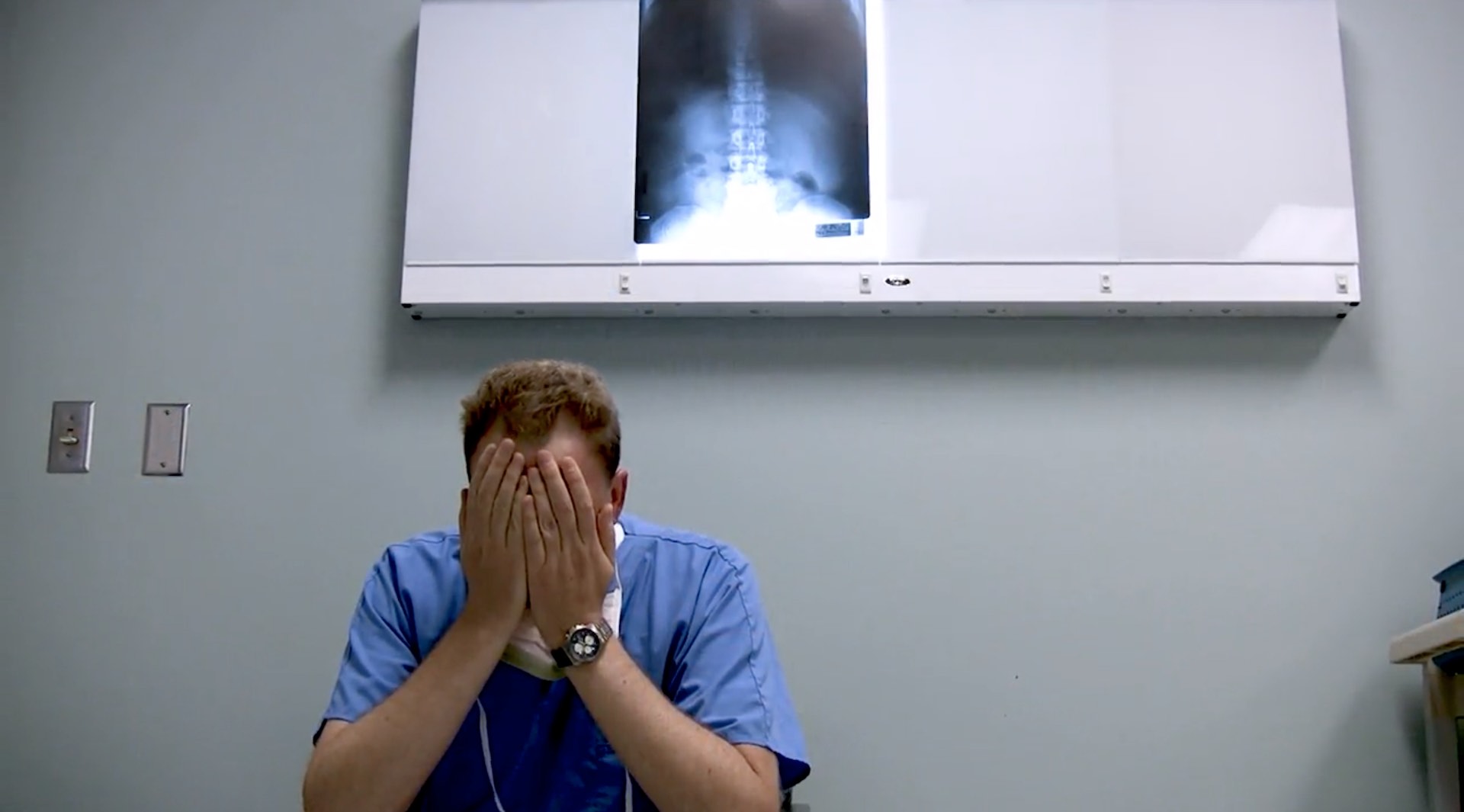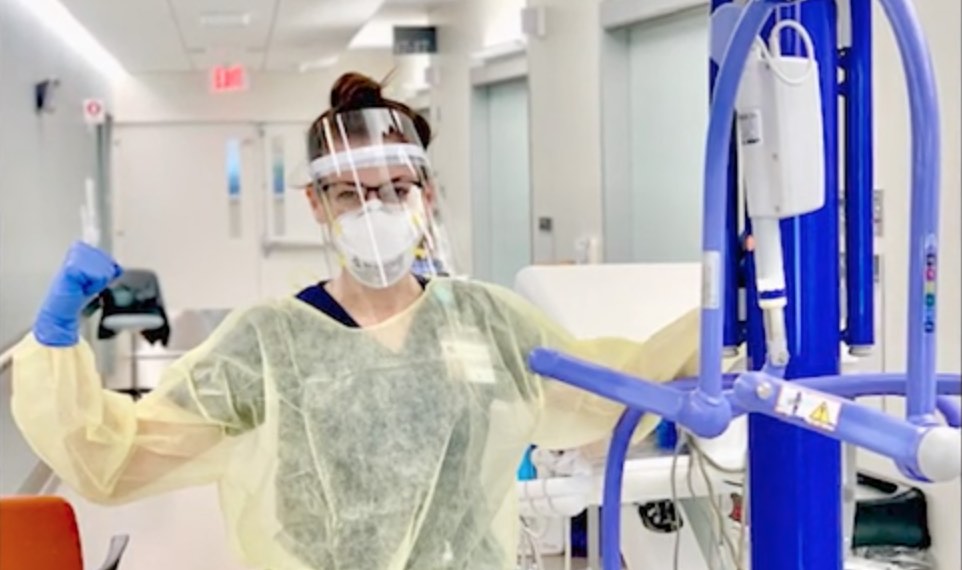Antipyretics do not prevent febrile seizure recurrences
Reuters Health • The Doctor's Channel Daily Newscast
September 10, 2009 • Critical Care, Emergency Medicine, Family Medicine, Hospitalist, Infectious Diseases, Medical Students, Pediatrics, Pharmacists, Reuters Health • The Doctor's Channel Newscast
NEW YORK (Reuters Health) – Rectal diclofenac, oral ibuprofen, and oral acetaminophen are ineffective for preventing recurrences of febrile seizures in children, new research suggests. Moreover, such agents do not reduce body temperature in febrile episodes that lead to recurrent seizures.
The new findings are in line with the results of previous clinical trials, according to the report in the September issue of the Archives of Pediatrics and Adolescent Medicine. In contrast to the earlier studies, however, the present study used maximal dosages of the antipyretics tested.
In the current randomized, controlled trial, Dr. Heikki Rantala, from the University of Oulu, Finland, and colleagues assessed the outcomes of 231 children who had a first febrile seizure from 1997 to 2003 and were followed for 2 years.
The subjects were randomized to treat their first febrile episode during follow-up with either diclofenac (1.5 mg/kg) or placebo. After 8 hours, treatment was continued with either ibuprofen (10 mg/kg), acetaminophen (15 mg/kg), or placebo.
A total of 851 febrile episodes were logged, including 89 with a febrile seizure. Febrile seizure recurrences were seen in 54 (23.4%) of the children.
Antipyretic treatment had no effect on seizure recurrence with rates of 23.4% and 23.5% seen in antipyretic and placebo users, respectively.
Fevers with a seizure had a significantly higher temperature than did those without a seizure: 39.7 vs. 38.9 degrees Celsius (p < 0.001). Moreover, this phenomenon was observed regardless of the medication given.
The authors note that regardless of whether a patient has had febrile seizures in the past, antipyretics are effective and should be given for febrile episodes not leading to seizure.
“Parents,” the researchers conclude, “should be informed about the inefficacy of antipyretic agents during a febrile episode that leads to a febrile seizure and about the benign nature of febrile seizures themselves.”
Reference:
Arch Pediatr Adolesc Med 2009;163:799-804.
The new findings are in line with the results of previous clinical trials, according to the report in the September issue of the Archives of Pediatrics and Adolescent Medicine. In contrast to the earlier studies, however, the present study used maximal dosages of the antipyretics tested.
In the current randomized, controlled trial, Dr. Heikki Rantala, from the University of Oulu, Finland, and colleagues assessed the outcomes of 231 children who had a first febrile seizure from 1997 to 2003 and were followed for 2 years.
The subjects were randomized to treat their first febrile episode during follow-up with either diclofenac (1.5 mg/kg) or placebo. After 8 hours, treatment was continued with either ibuprofen (10 mg/kg), acetaminophen (15 mg/kg), or placebo.
A total of 851 febrile episodes were logged, including 89 with a febrile seizure. Febrile seizure recurrences were seen in 54 (23.4%) of the children.
Antipyretic treatment had no effect on seizure recurrence with rates of 23.4% and 23.5% seen in antipyretic and placebo users, respectively.
Fevers with a seizure had a significantly higher temperature than did those without a seizure: 39.7 vs. 38.9 degrees Celsius (p < 0.001). Moreover, this phenomenon was observed regardless of the medication given.
The authors note that regardless of whether a patient has had febrile seizures in the past, antipyretics are effective and should be given for febrile episodes not leading to seizure.
“Parents,” the researchers conclude, “should be informed about the inefficacy of antipyretic agents during a febrile episode that leads to a febrile seizure and about the benign nature of febrile seizures themselves.”
Reference:
Arch Pediatr Adolesc Med 2009;163:799-804.









